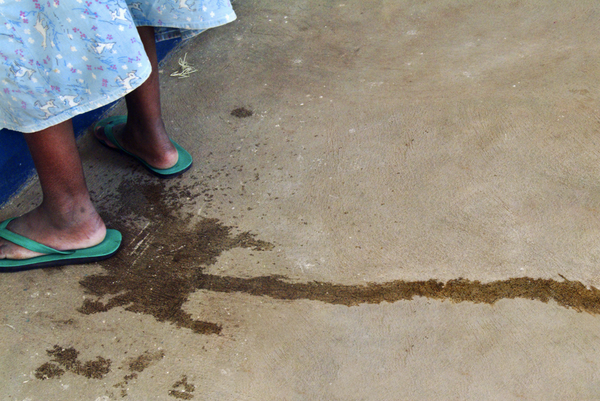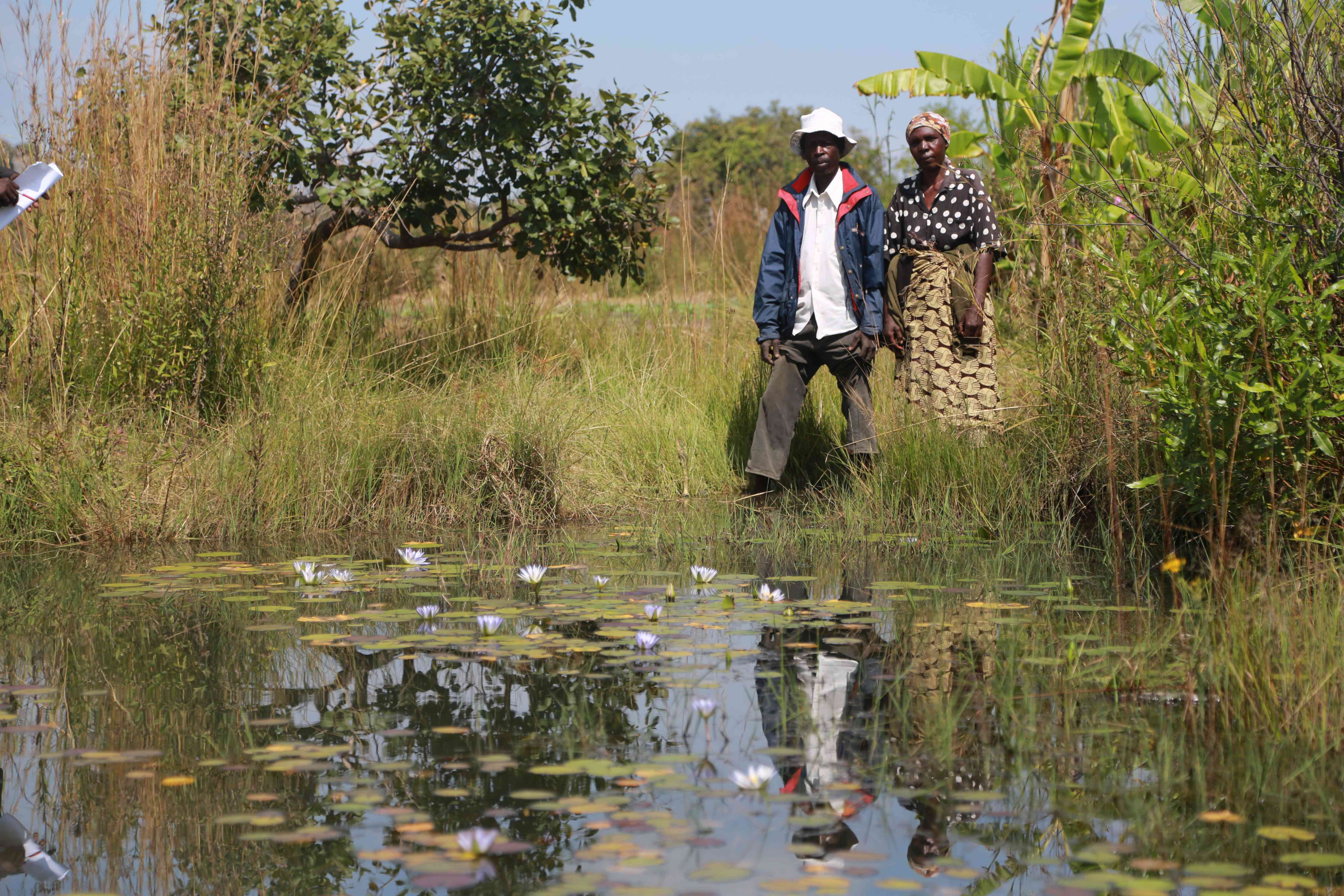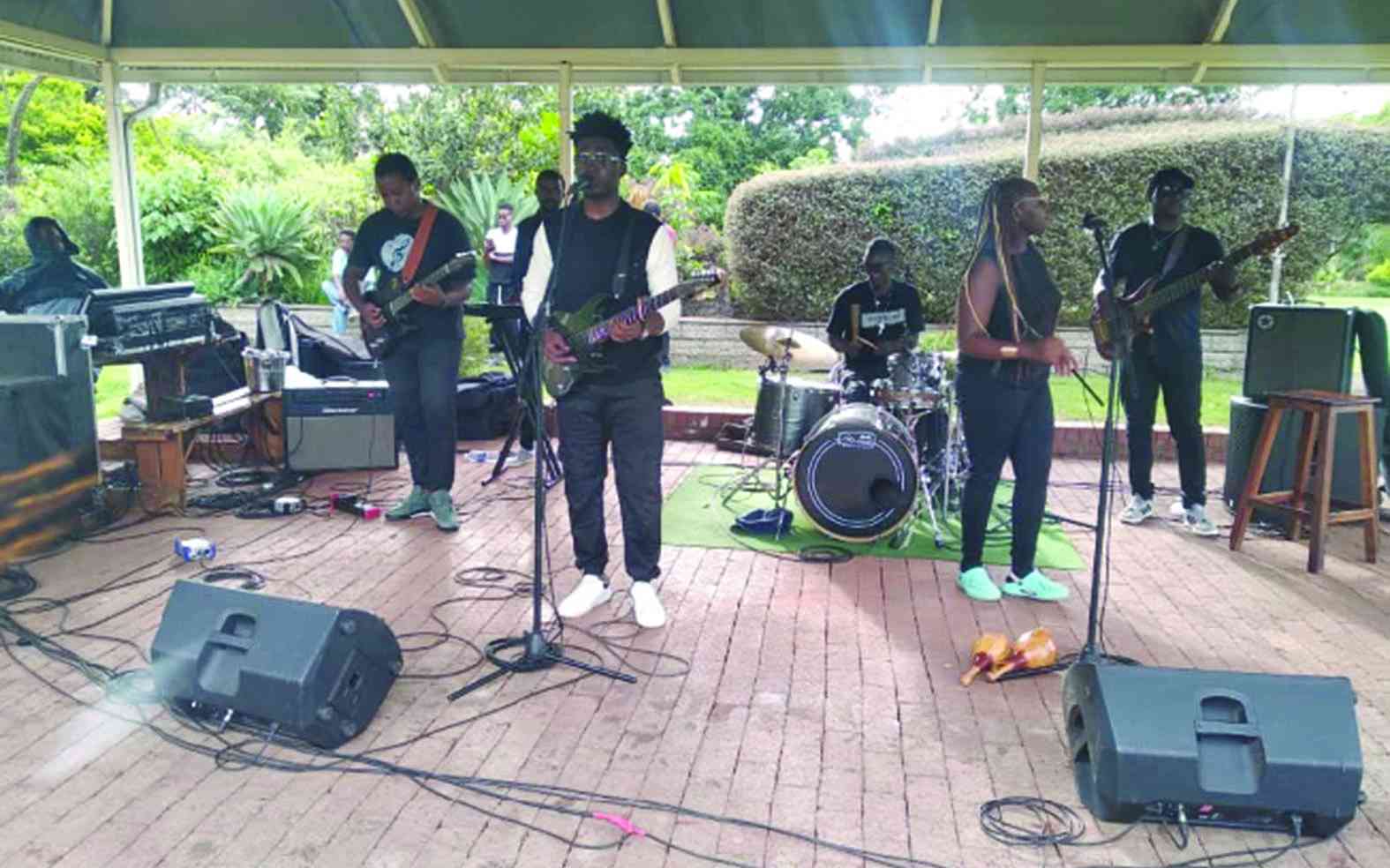
RURAL communities in the country are reporting many cases of obstetric fistula, a health official has said.
Obstetric fistula is an abnormal opening between a woman’s genital tract and her urinary tract or rectum. The development of obstetric fistula is directly linked to obstructed labour, one of the major causes of maternal mortality.
Addressing journalists during an obstetric fistula media sensitisation meeting in Goromonzi on Monday, deputy director for reproductive health in the Health and Child Care ministry Lucia Gondongwe said there were many factors putting rural women at risk of the condition although women in urban areas are also affected.
"The government together with development partners have, since 2015, embarked on free treatment for women with obstetric fistula. To date more than 900 women have been operated on. 48% of the cases are from Manicaland (Checheche and Chimanimani) and Midlands (Gokwe South) as well as Mbire (Mashonaland Central)” Gondongwe said.
“Most of the rural areas recording high cases of obstetric fistula are white garment (apostolic) communities who do not believe in getting medical treatment but rely on church elders for everything. Many of the women camp and give birth at their shrines.”
Gondongwe said the government treatment programme started at Chinhoyi Hospital in 2015, but had been scaled up to five hospitals around the country with prospects of more being added.
She also said women in rural areas sometimes did not take antenatal clinics seriously.
“We are now making efforts to enlighten them as early detection saves them from the condition. Currently we are encouraging those women to have at least eight antenatal visits during the course of their pregnancy. In those areas, they do not go for antenatal clinics."
- Obstetric fistula prevalent in Zim
- Zim records 52% decline in maternal deaths
- Zim records 52% decline in maternal deaths
- ‘Obstetric fistula prevalent in rural areas’
Keep Reading
"We are not saying that women in urban set-ups are adhering to the eight antenatal visit recommendation. There are many factors also contributing to the continued existence of the condition. Poverty and community behaviour weighs in on the challenges," she said.
Obstetric fistula mainly affects young women and girls below the age of 25 owing to the fact that their bodies cannot withstand childbirth.
Although the government, with assistance of development partners such as the United Nations Population Fund and others, offers a free treatment programme for the condition, private institutions also offer such treatment.
The costs can reach US$1 500 and private health institutions charge US$3 000 to US$5 000.
According to the World Health Organisation, each year, between 50 000 and 100 000 women are affected by obstetric fistula.











